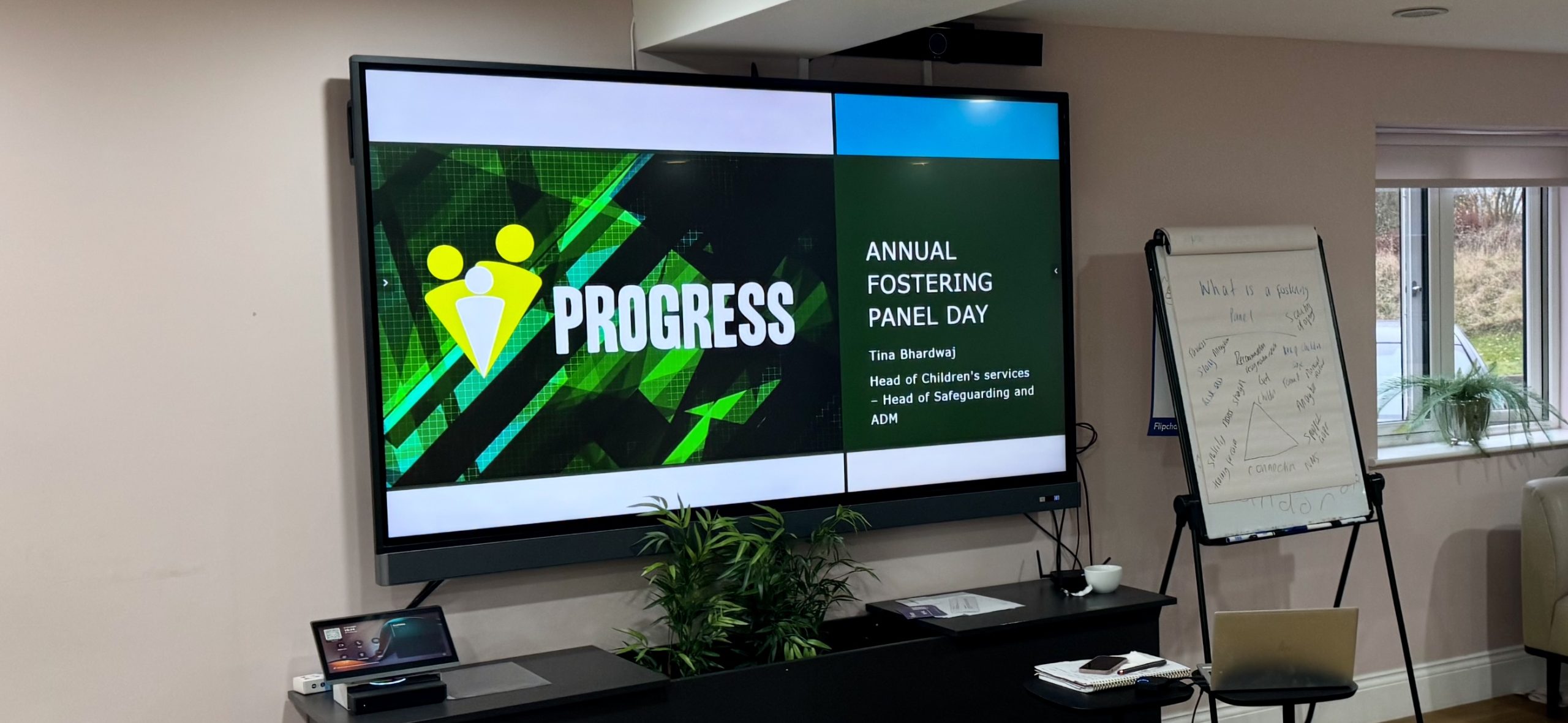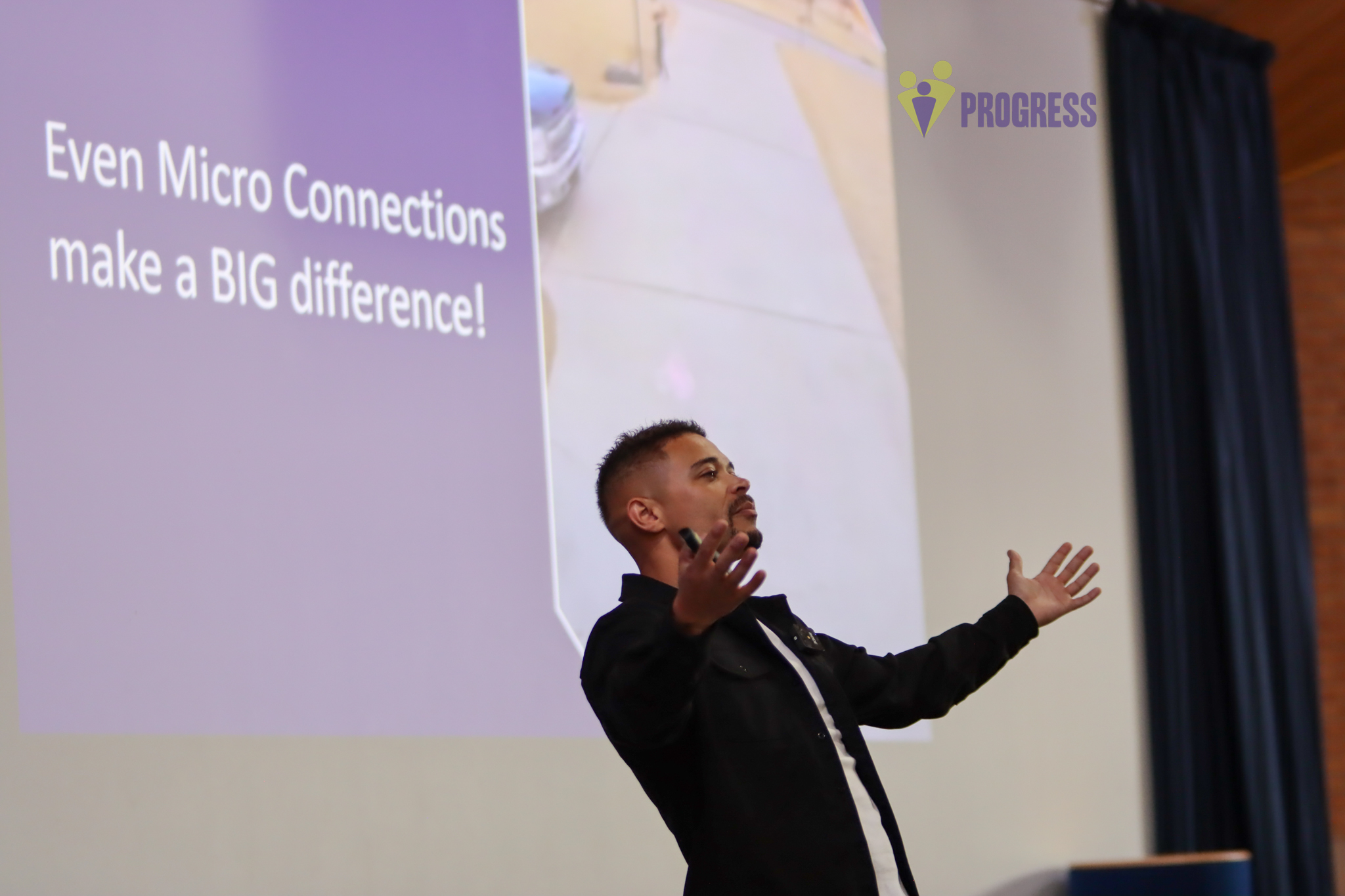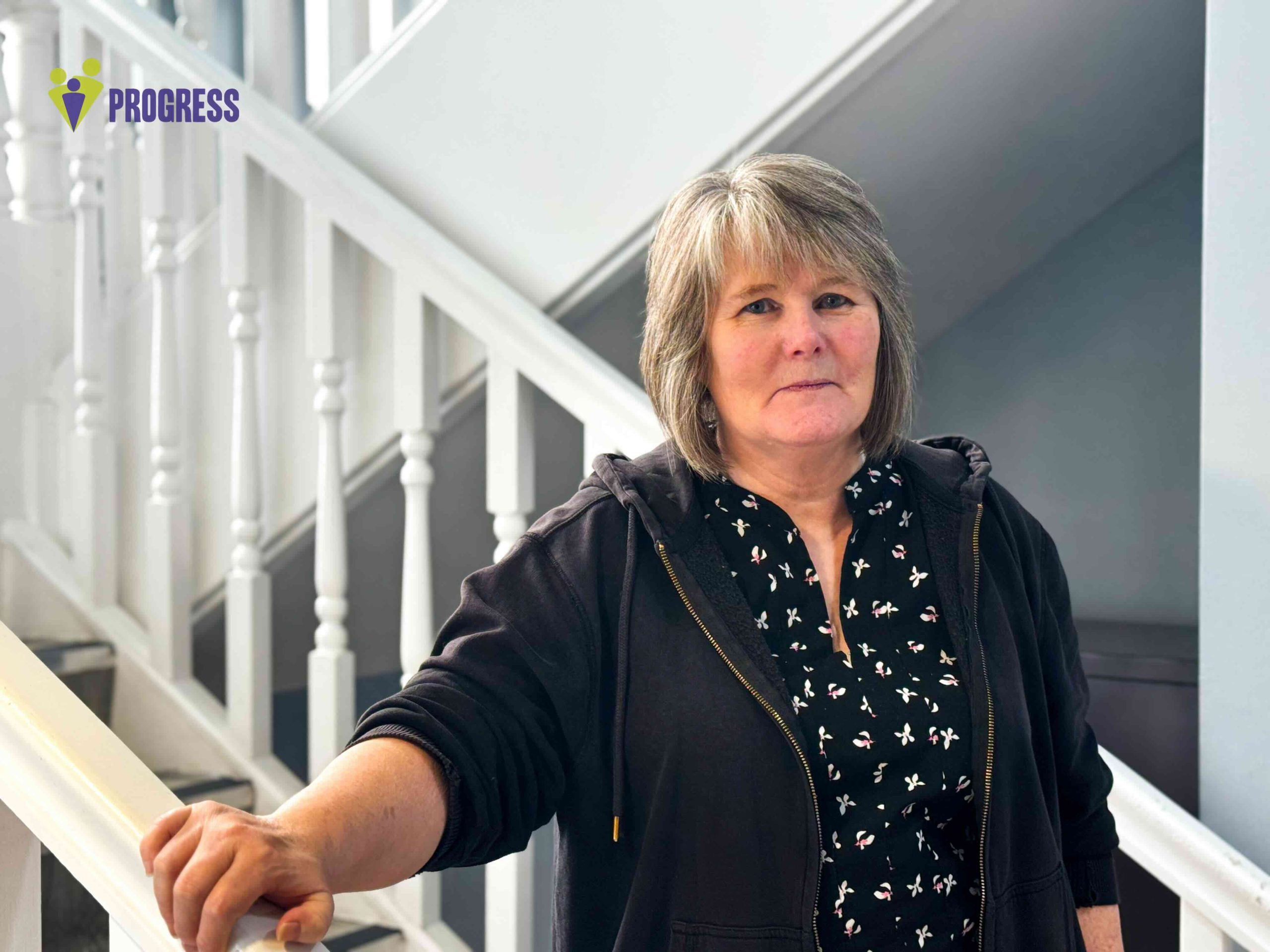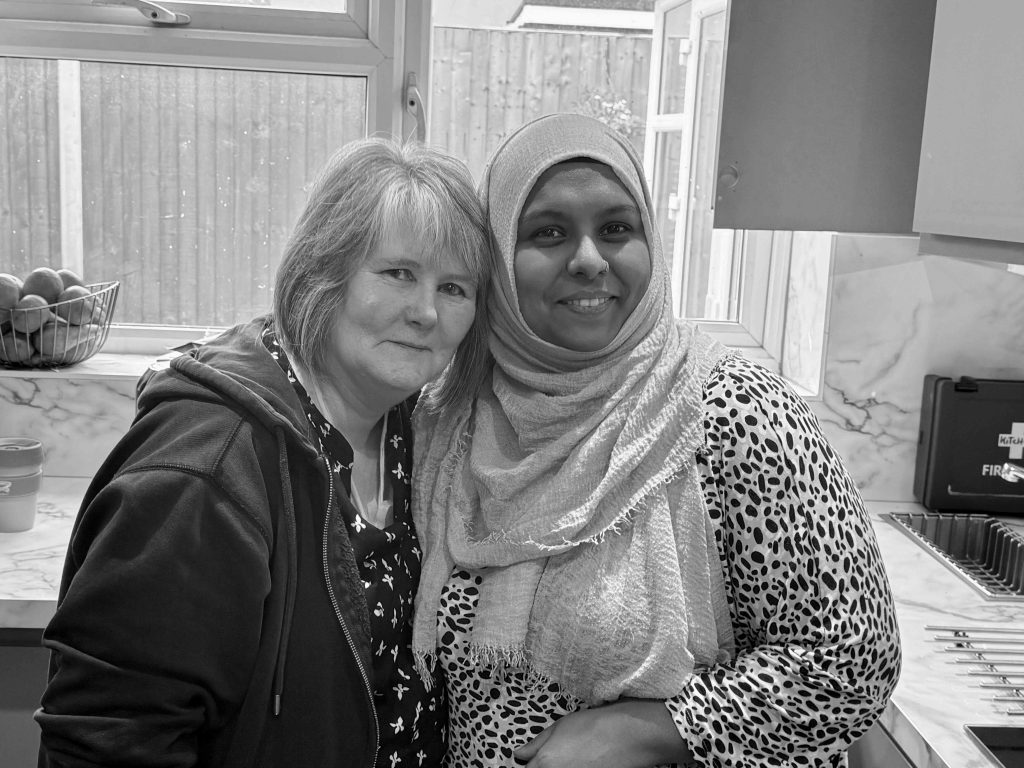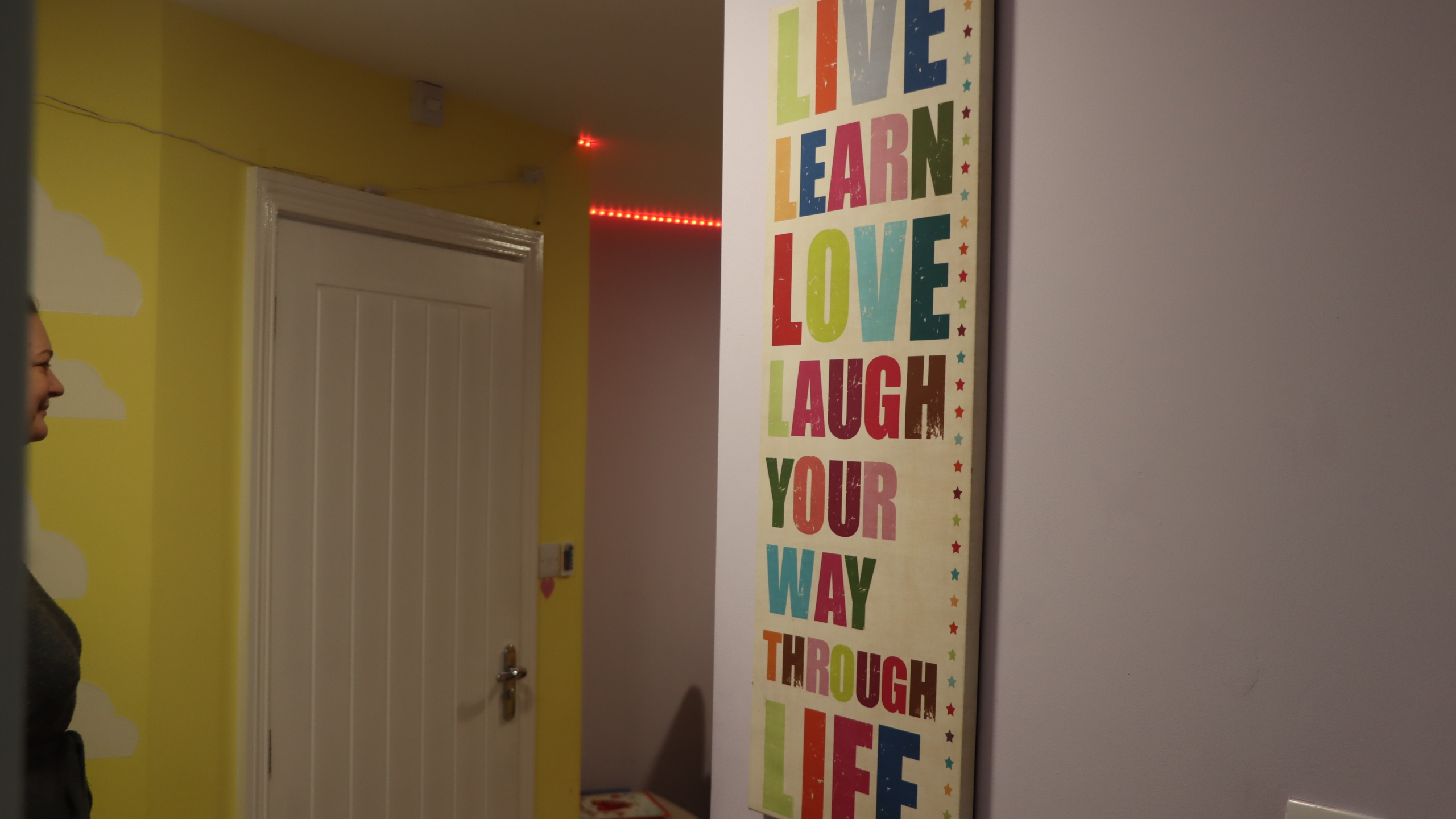It began with a single vision, grew with relentless passion, and today, Progress marks 25 years of changing lives—one young person at a time.
This Friday, Progress celebrates an extraordinary milestone: 25 years of supporting and transforming the lives of children and young people. What started as a passionate vision has grown into a legacy of impact, powered by leadership, innovation, and an unwavering commitment to care. At the heart of this journey stand two remarkable women: founder and CEO Bal Dhanoa, MBE, and Managing Director Claire Rogers. In a candid and heartfelt conversation, they reflected on the moments, milestones, and meaning behind the Progress story.
Bal remembers the moment she met Claire. “That girl’s got a future with me,” she recalls thinking during Claire’s job interview for a role at Portland House, one of Progress’ earliest homes. “She had fire in the belly, ambition, and a strong value base. I knew I could work with that.” Instead of starting as a care staff member, Claire was brought in as deputy manager, and the partnership was born.
Since then, Bal and Claire have become more than colleagues. They’ve become co-visionaries, collaborators, and, in many ways, family. “We think very similarly,” Bal says. “We often arrive at the same idea around the same time. We just know when something’s right,” Claire added. That synergy has become a hallmark of Progress: quick, bold decisions rooted in deep understanding of care, children’s needs, and the sector’s evolving landscape.
Building Something Different
From the very beginning, Bal set out to do things differently. “I was a small fish in a very big pond,” she says. “I had to learn to swim quickly. Innovation became a necessity.”
That drive to stand out, to do better, has shaped every decision. Whether it was creating Regis House as a respite service during a supervision meeting or designing short-break models like the one at Stourbridge House, Progress has consistently led with imagination and responsiveness.
Claire reflects on the hardest project: “Stourbridge House was a challenge. The model was different, and we had to fight to justify it. But we knew it was right. And today, it has received an Outstanding rating. We’ve helped families stay together. That’s why we did it.”
For Bal and Claire, Progress has always been about people—those cared for, and those delivering that care. “Our staff have given us back in abundance because we’ve trusted them,” Claire says. “You see ability, you give opportunity, and people thrive.”
From volunteers like Kim, who now leads one of the organisation’s flagship services, to those celebrating 15–20 years of service, Progress has grown careers alongside services. “We build people,” Bal says. “It’s in our DNA. Passion, compassion, and commitment—if you don’t have that, you won’t last long at Progress.”
The company culture is built on celebrating milestones. Every five years, Progress pauses to take stock and recognise achievements. This 25-year mark, according to Bal, is not just a celebration, it’s a validation of Progress’ values of care, trust, respect and progress.
The celebration on Friday (June 13th) isn’t only about looking back, it’s also about challenging the way children’s social care is seen.
“We’ve always tried to change the narrative,” says Bal. “Too often, private sector care is seen as profit-led. But we’ve shown that profit can drive growth, investment, and innovation. We’ve built something that puts children first.”
That’s why this year’s keynote speaker, the inspirational Fatima Whitbread, is such a fitting choice. A care-experienced leader herself, she embodies what Progress stands for: resilience, impact, and the power of lived experience. “She’s not just telling her story,” Claire says. “She’s out there changing the world.”
Looking Ahead: A Future of Innovation
As Progress looks toward the next 25 years, both leaders are clear: the future of care will demand adaptability, creativity, and bold thinking.
Bal envisions homes powered by technology, where robots assist with lifting and admin is handled by AI, allowing Progress team members to further focus on delivering care, fostering connections and building even stronger relationships. Claire is also forward-thinking. She sees wearable tech, user-friendly environments, and new ways to give time back to Progress staff and the young people.
But while the tools may change, the core will not. “You still need the human touch,” Bal says, “it’s what makes care meaningful,” Claire added.
Through laughter, stories, outtakes, and even debates about who wore yellow best, Bal and Claire’s dynamic is more than professional, it’s personal. And that’s what makes Progress special.
“It’s been a beautiful journey,” Bal says. “We’ve made a difference. And we’re not done yet.”
As Progress marks 25 years, we invite every staff member, stakeholder, foster carer, partner, family, and friend to join in not just remembering the past, but in reimagining the future. Because for everyone involved, Progress isn’t just a name. It’s a legacy of care.







